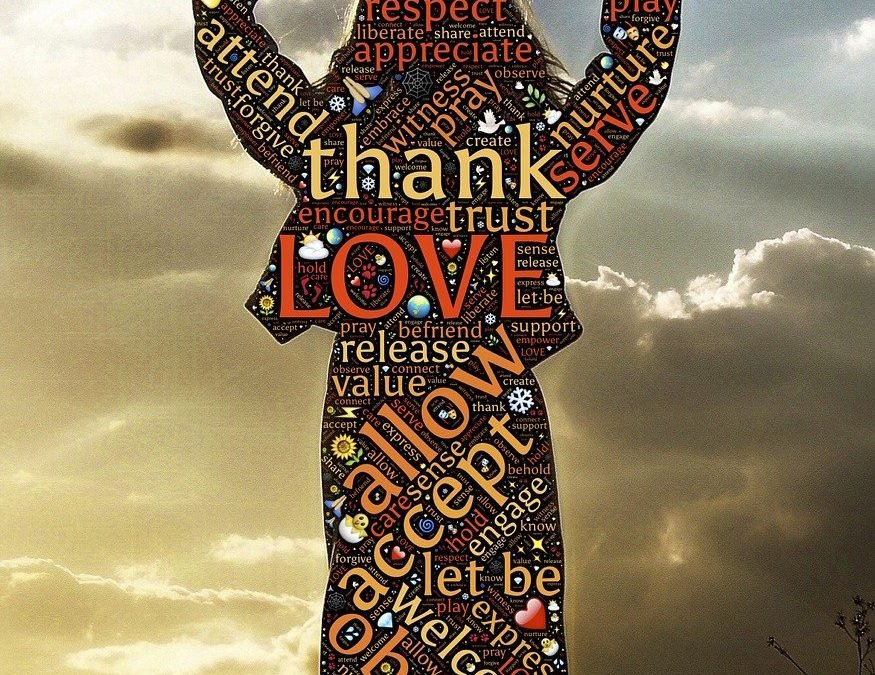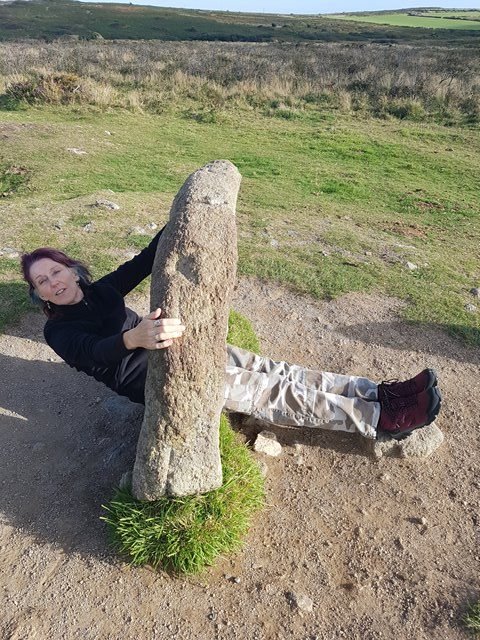
by Judith Stafford | Feb 13, 2024 | Becoming a Wise Woman, self help
Knowing me, Knowing who? How self-reflection leads to personal growth. “Life really does begin at forty. Up until then, you are just doing research.” - Carl Jung. Do you think of yourself as self-aware? Do you even know what it means to be self-aware? Congratulations if you have ever considered it at all. The very act of thinking about it means you have a degree of self-awareness. I have been doing quite a bit of journalling and shadow work recently, resulting in my considering how self-aware I am. I decided to do some research to get a better idea, and this is what I learned. A poll by The Harvard Business Review discovered that although 95% of people think they’re self-aware, only 10 to 15% actually are. It makes you think. How many deluded people are there out there? When I looked up self-awareness online, ‘self-awareness as a leader’ appeared most frequently. Looks like it is the new buzzword in management speak. Something aspiring leaders have decided they must have. Looks like I have found some of the deluded 95%! But self-awareness is important, whoever you are. It is not just for your career, which undoubtedly helps, but also for your benefit and those around you. What does it mean to be self-aware? According to the American Psychological Association, self-awareness is “the consequence of focusing attention on the self.” But what does this mean? Self-awareness is the intention of aspiring to be the best person you can be. It involves a great deal of self-analysis of your emotions, thoughts, motives and values to uncover who you are and find...

by Judith Stafford | Jun 30, 2023 | Becoming a Wise Woman
Why you should embrace becoming an elder Nobody wants to get old. Most of us would prefer to avoid the ageing process if we could. But this is impossible; our bodies will age whether we want them to or not. That doesn’t mean there is nothing you can do to stay strong and healthy as much as possible, but that ageing is inevitable. The purpose of the second half of life The psychologist Carl Jung believed that the second half of life is for knowing and becoming your true self. It isn’t easy to pinpoint an exact age for when the second half of life begins. But I would say it is sometime in our late 40s. Nobody knows how long they have to live, but this is when most of us will begin to feel things have changed. The catalyst could be the death of a loved one, an illness or a traumatic event, or it could be as simple as realising that your priorities have changed. You begin questioning your values and what you want for the rest of your life. Past focuses, such as career or family, may take a back step as your needs change and you focus on what you want rather than the needs of others. Part of this process involves coming to terms with your mortality. It is scary – but you can’t ignore it or pretend it isn’t happening. Ageing in the 21st Century This new century has seen changes in the way we age. We are healthier and wealthier and have more time to spend after retirement than other generations....

by Judith Stafford | Mar 2, 2021 | Becoming a Wise Woman
Why Life is great as you get older - Part 1 Now is the best time to take a good, hard look at who you are and begin healing those old emotional wounds. By the time you reach midlife, you will have had many experiences, some good, some bad and many, many in-between. You will have run the whole gamut of emotions, including joy, sorrow, anger, fear, hope, gratitude, contentment, anxiety, guilt, inspiration, and indifference, to name but a few. Some of these negative feelings and the experiences that created them may need processing in order to live a satisfying, fulfilling life without regrets. Midlife is the perfect time to examine the experiences that have had the most significant adverse effect on our lives. By now, we should have the skills and the maturity to see what happened more objectively and accept and forgive ourselves and others for the pain caused. Many events in our lives can upset us, and if repeated, they can lead to destructive behaviour and bad habits. If we want to have the best possible time during the second half of our lives, we must process some of the bad habits and limiting beliefs we have accumulated that are holding us back. This might seem daunting, and I do not suggest you try to deal with everything simultaneously. But there will almost certainly be particular behavioural patterns that you recognise in yourself that you would like to change. The most frequent include: Self-sabotage Feeling unloved or unlovable Procrastination and perfectionism People pleasing Negative self-talk Refusing to ask for or accept help Blaming others Not feeling...






Recent Comments